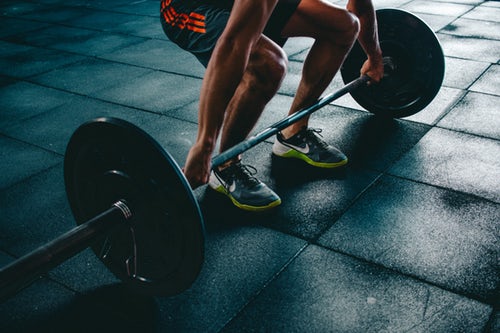Whether you’ve just stated your gym adventure, still contemplating diving in or you’re a seasoned gym veteran it’s important to know that what you eat plays a huge role in determining your success.
The benefits you get from a workout depend on more than showing up and doing the exercise and what you are putting into your body to fuel those workouts either enhances or limits your ability and time to reaching your goals. In this post we are going to make workout nutrition super easy with best-buy, quick and practical tips on how you can use macros for fast and meaningful results.
Macros Are Your Friends

Macros (macronutrients) are the 3 nutrients that provide your body with calories or energy and it is this energy which your body runs off. Whether you’re sleeping or huffing through an ultramarathon your body relies on the calories from the foods you eat to function. The three macros are protein, carbohydrates (carbs) and fats and the macro that has captivated the attention of gym goers worldwide and the health and fitness industry at large is protein. So, we’ll start there.
- Protein
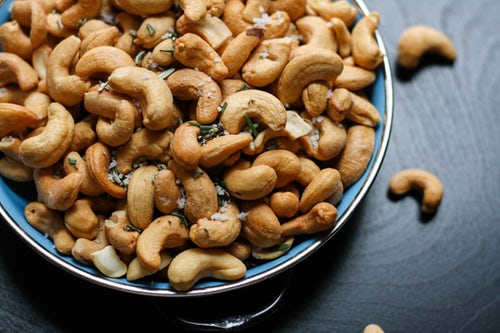
When you eat protein, it gets broken down in your digestive system to release the smaller components it is made up of called amino acids. Your body can then reassemble these amino acids into the different proteins you need at the time (for example building muscle or enzymes). There are 22 different amino acids, 13 of which your body can make through the repurposing of other nutrients and 9 of which you must get through food. This is where the muscle building part comes in.
For your body to be able to build and repair your muscles, it needs to have access to all 22 of the amino acids. If you are not eating adequate amounts and types of protein your body won’t be getting all the amino acids, you need and you will be unable to build muscle strength. You can get adequate protein through eating a diet that contains a variety of good quality protein sources such as meat, diary, legumes, eggs, nuts and seeds.
The amount of protein we need to consume varies and it is not a hard and fast number that can be recommended for all people because it is influenced by several factors including age, sex, health and genetics. As a general principal the Government produces what’s known as a Recommended Dietary Intake (RDI) for protein based on the most recent and reliable information. In Australia the RDI for protein is 0.84g and 0.64g per kilogram of body weight for males and females respectively between the ages of 19-70yrs.
In recognition that protein has gained the reputation of the muscle building macro and many people go to the gym with the intention of building muscle and therefore logically conclude that an increased protein intake will lead to increased muscle gain I want to say that while this is true it is only true to a degree. It is generally accepted that there is no beneficial effect on muscle building of protein intake above 2g per kilogram of body weight. There really is no need to go above 2g of protein per kilogram of body weight per day even if you are trying to gain muscle. As an example, if you are a 90kg man this would be roughly 180g protein per day.
To optimise muscle building the Australian Institute of Sport (AIS) recommends eating protein containing foods regularly over the day. This is because there are studies which show our bodies better use protein which is delivered in moderate amounts over the day rather than all eaten in one meal. To do this you can include a protein source at breakfast, lunch and dinner containing 25-30g protein each as well as protein containing snacks. This doesn’t require any excessive planning, protein shakes or macro tracking app because many regular meals and snacks already provide this. A couple of easy examples of meals designed to optimise your body’s use of protein would be:
- Toast with peanut butter and a milk drink (flavoured milk, plain milk or a smoothie)
- A bread roll or sandwich with a protein filling such as cheese and ham or egg and hummus
- Pasta or rice with meat/alternative and vegetables
- Breakfast cereal or muesli with milk and yoghurt
- Baked potato or sweet potato with melted cheese
- Baked beans on toast
- Yoghurt with fruit, nuts and honey

Now, let’s move onto the other two macros because believe it or not they are equally important as protein in fuelling your successful workouts!
2. Carbs
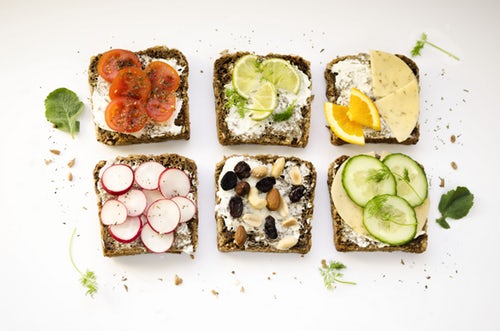
Besides being your body’s preferred source of energy the cabs you eat actually allow your body to make use of the protein you are eating. In short if you don’t eat enough carbs to meet your energy needs your body uses the protein you’re eating to make up this energy difference. When your body uses the protein you’re eating as a source of energy your body then is unable to use that protein in the repair and building of muscle strength.
Eating enough carbohydrates ensures you have the energy you need for successful and enjoyable workouts. If you don’t have the energy to expend in your workouts and you’re going to the gym tired and grumpy you’re not going to keep it up and you’re certainly not going to benefit from it.
The type and amount of carbs you need to consume depends very much on the type and duration of exercise you are doing. In general, it is recommended that nutrient dense carbs form the main part of your diet. Some examples of nutrient dense carbohydrates include:
- Cereals and grains – such as oats, bread, quinoa, rice, pasta etc.
- Fruit – fresh, dried and canned
- Potato, sweet potato and corn
- Legumes, beans and pulses – lentils, kidney beans, hummus etc.
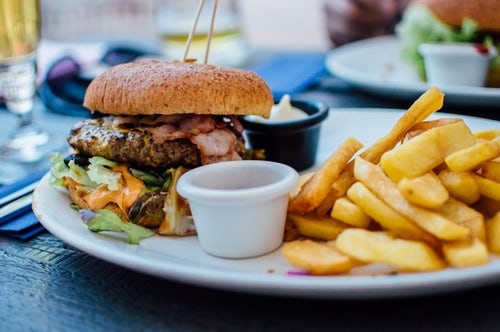
You don’t need to be too creative to realise the options and combinations are pretty much limitless with what you can make out of these choices keeping in mind that you can combine them with anything you like! For some examples to get you started muesli with fresh fruit and yoghurt, pasta with cream and mushroom sauce, avocado and cheese on toast, pizza, strawberry and peanut butter smoothies…
3. Fats

Fats have received possibly the worst wrap of all the macros and often they seem to just get forgotten about. However, despite the lack of respect for fat the reality is fats are not an optional extra, a sometimes treat or something to be avoided, feared or minimized. Fats are as vital to life as protein and if it’s hard for you to get motivated for the gym after a long day at work some more fats in your diet might just be the thing you need given that 60% of your brain is made of fat.
Optimising the type and amounts of fats you are eating can work wonders on your brain function, motivation, mood (your hormones are synthesised from fat) and psychological health.
Including a source of fat as part of your meals also helps with the digestion and absorption of the self-explanatory and aptly named fat-soluble vitamins within that meal (Vitamins A, D, E and K). All these vitamins support your workouts, health and life. Vitamin D and K are both essential to the development and maintenance of healthy bones and Vitamins A and E are powerful antioxidants which help protect your body from the damage caused by free radicals the production of which is amped up during exercise.
Most foods we think of as fats contain a mixture of saturated and unsaturated fats. Saturated fats when eaten in excessive quantities (remember some are definitely good) have been linked to contributing to the development of a number of health conditions such as high blood cholesterol which is a precursor to heart disease. Foods which are high in saturated fats include deep fried foods, meat pies and processed deli meats such as salami.
It is for this reason that it is generally encouraged that you focus on foods higher in unsaturated fats over those higher in saturated fats. A good dietary intake of unsaturated fats has also been linked to numerous health benefits including lowering blood cholesterol and therefore lowering the risk of heart disease.
Some foods which contain good quantities of unsaturated fats include:
- Nuts and seeds (for example almonds, walnuts and chia seeds)
- Avocadoes
- Cold water fish (sardines, salmon, mackerel, swordfish)
- Olive oil
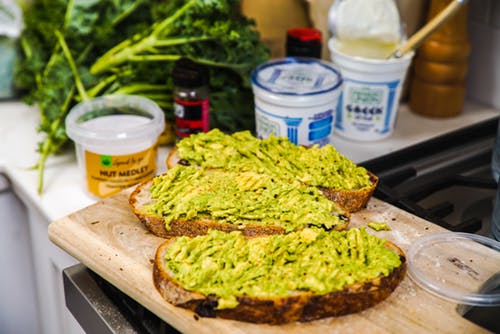
Putting It All Toghether

The most important thing to remember with eating to support your exercise and health goals is that your gym sessions are fuelled by what you do overall and not just every now and then and suboptimal nutrition will not give optimal results. What this means is that there isn’t one meal or pre-gym snack that will make or break your workout or health. Rather it’s about learning to work with and support your body easily and naturally because if you truly want a lifetime of success and real health and happiness beating yourself up to get to the gym is not the way to achieve this.
You must make certain that your actions are in line with your goals and a big part of this is not getting distracted or caught up in other peoples. Which is why more than anything else I encourage you to seek tailored help to best fuel not just your workout but your specific, special and unique life goals and literally experience life on a whole new level!
With my whole heart I trust you found this information useful and inspiring

Become Great. Live Great.
Bonnie.
